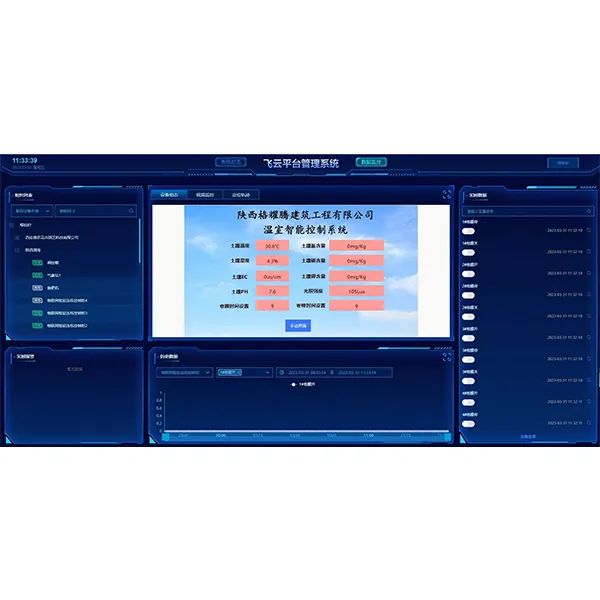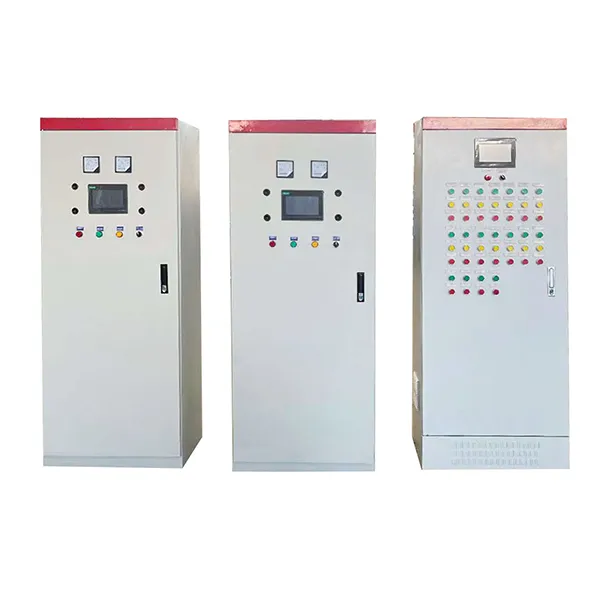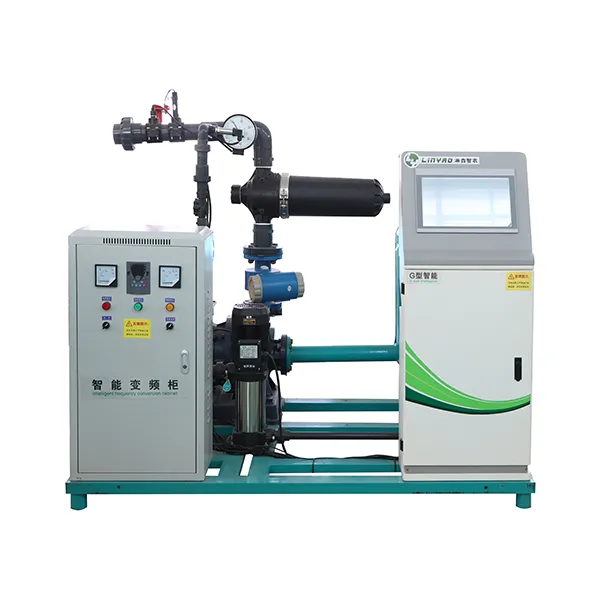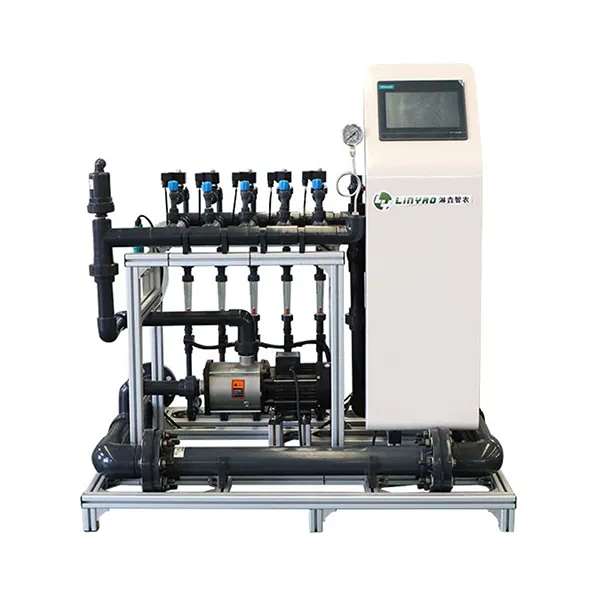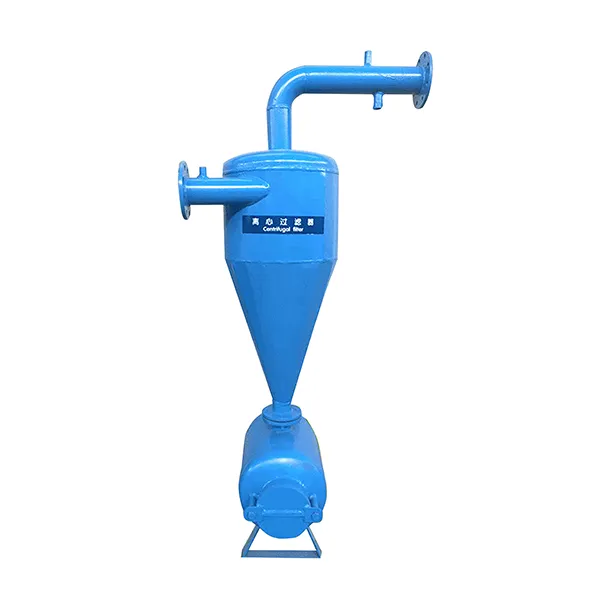
Solenoid valves main buyer country
When you hear about the “main country of purchase of solenoid valves,” you immediately imagine Germany or the USA - but the reality is much more prosaic. Over the past five years, I have personally seen 70% of requests come from Southeast Asia, with Indonesia and Vietnam overtaking Europe in volume. But there is a nuance: their engineers often confuse direct-acting valves with pilot valves, which is why funny things happen in drip irrigation projects.
Why Indonesia has become a key market
In 2022 we will be throughShandong Linyao Intelligent Agriculture Technology Co.,LtdWe supplied a batch of solenoid valves for rice paddies in Bali. Local agronomists insisted on models with low energy consumption - it turned out that their electrical networks produce fluctuations of up to 50V. We had to modify the coils, although initially the technical department said “this is impractical.”
Queries from https://www.lyzhihuinongye.ru show: Indonesians most often look for valves with remote control via GSM. But in 40% of cases they do not take into account the mineralization of the water - after six months we receive complaints about jammed plungers. Now we always recommend installing pre-filters, even if the client resists.
By the way, their tender documentation often contains errors in pressure parameters. We once shipped valves at 6 bar, but there were 8 in the system - it’s good that we noticed it in time during the test assembly. Now for Southeast Asia we always make a double margin of safety.
Errors when selecting case materials
We once purchased a batch of brass cases for the Philippines, but three months later we received photos with completely destroyed threads. It turned out that in mountainous areas the water has a high concentration of hydrogen sulfide - they switched to AISI 316 stainless steel, although it is 20% more expensive.
In projectsintelligent water and fertilizer integration equipmentChemical compatibility is often underestimated. One Malaysian customer used liquid fertilizer with ammonium nitrate - standard EPDM seals swelled in two weeks. I had to urgently look for an option with Viton.
Nowadays, for the tropics, we always recommend cases with a polypropylene coating - even for stainless steel. In Singapore, due to the salty air, ordinary steel rusts within a season, although it does not come into direct contact with water.
Features of installation in different regions
Vietnamese installers constantly overtighten threaded connections - apparently a habit from steel pipes. There have been six cases of cracked flanges in the last year. Now we include torque wrenches marked 'max 2.5 Nm' in each delivery.
During constructionhydraulic structuresIn Thailand, they encountered a curious problem: locals connect the ground to the neutral wire, which causes the electromagnetic coils to overheat. I had to carry out an educational program on the color marking of the wires.
The most difficult thing is to explain the need for lightning protection. After 15 valves were damaged simultaneously by a lightning discharge in Cambodia, they began to include SPDs in the basic package.
Price expectations vs reality
Buyers from Myanmar always bargain until the last minute, but then pay without delay - unlike some European companies. Their main argument: 'China is cheaper.' We have to show durability tests - our valves can withstand 1.5 million cycles versus 800 thousand for analogues.
Fordesign and construction of high quality agricultural fieldsin Laos, a simplified version with a manual override had to be developed - their farmers do not trust 'automatic machines without an emergency exit'.
Interestingly, Vietnamese customers are willing to pay for additional flow sensors, but Thai customers are not. Apparently, the difference in subsidizing agricultural machinery has an effect.
Logistics pitfalls
Delivery to rural areas of Indonesia sometimes takes 3 months instead of the planned 3 weeks. Once the valves sat at customs in Jakarta for 50 days - an emergency shipment had to be sent by air, otherwise the client would lose the harvest season.
At the port of Ho Chi Minh City they required certificates from us that are not included in international standards - for example, confirmation of radiation resistance. It turned out that the customs officer confused the valves with medical equipment.
We are currently compiling a separate package of documents for each region. For Malaysia, for example, a SIRIM certificate is required, even if there are European CE and RoHS.
Technical support as a critical factor
Our engineers have learned to diagnose problems using a photo from a phone - in Vietnam, for example, there is no access to normal diagnostic devices. Most often we detect clogging of the jets with sand or oxidation of the contacts.
When implementing projectssmart agricultural parksin Cambodia, we had to hire a local technician - European specialists could not withstand the climate. Within a month, he learned to determine plunger wear by the sound of operation.
The most unobvious problem is the language barrier. In Myanmar, technical documentation has to be translated into Burmese with additional pictograms - their engineers have trouble reading even English diagrams.
Market prospects and our miscalculations
Now I see an increase in demand for valves powered by solar panels - but in 2020 we ignored this trend, considering it 'marketing hype'. Missed out on a 5,000 unit contract for the Philippines.
In projectsremote valve controlfor Malaysia, interference from tropical showers was not taken into account - the radio modules worked intermittently. We had to switch to combined GSM/LoRaWAN solutions.
But they correctly predicted the boom in drip irrigation in Thailand - they developed compact 1/2' valves with low hydraulic resistance in advance. Now they account for 30% of our supplies to the region.
Conclusions that are not written in brochures
The main buyer is not a country, but a specific engineer with his local characteristics. We stopped making 'universal' solutions and now have 3-4 modifications for each region.
The website https://www.lyzhihuinongye.ru has become a convenient platform for quick selection - there we have posted compatibility tables with different types of fertilizers, which has reduced the number of erroneous orders by 25%.
The main lesson: you cannot rely on European experience when working with Southeast Asia. Their reliability requirements are higher, budgets are more modest, and operating conditions are more stringent. But if you set up the processes, you get a loyal client for decades.
Correspondingproducts
Related Products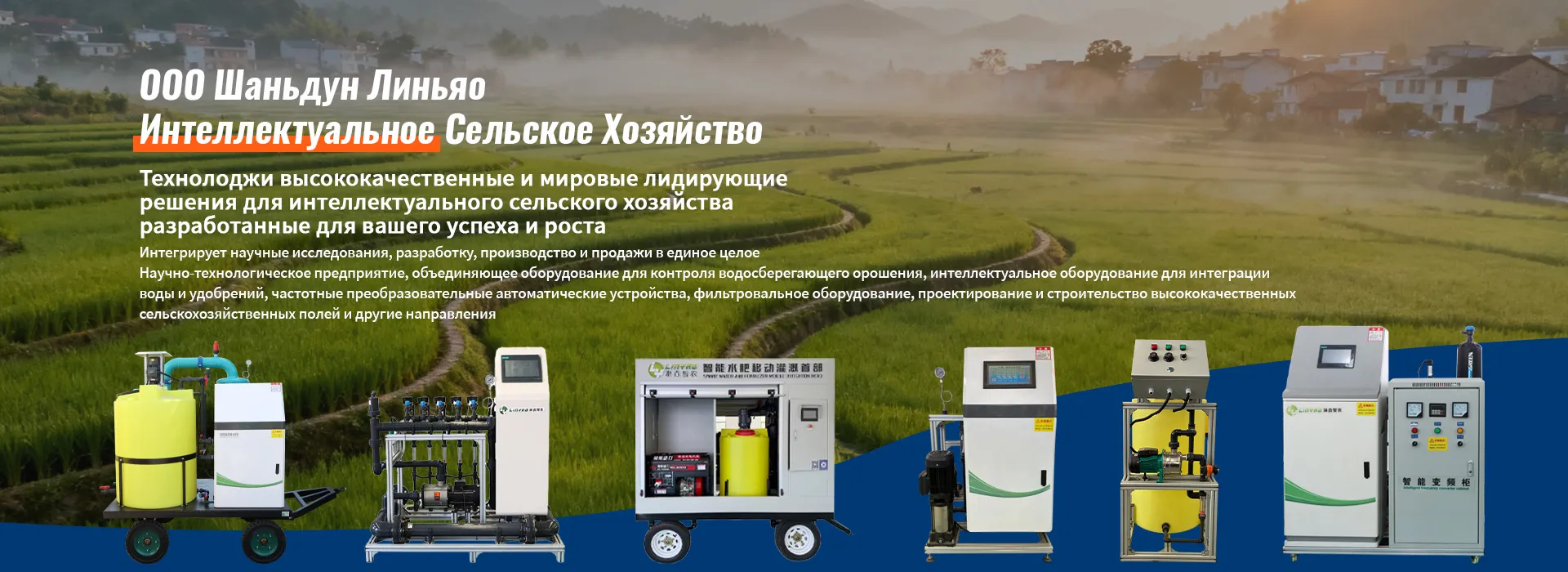
Best Sellingproducts
Best Selling Products-
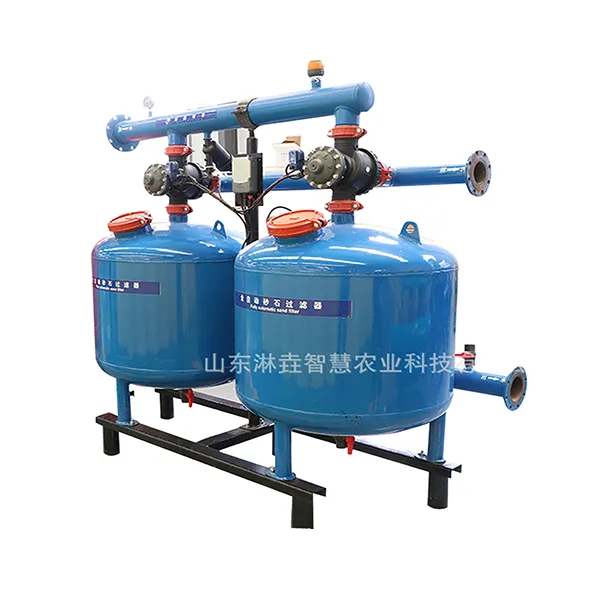 Automatic Backwash Sand Filter for Drip Irrigation System
Automatic Backwash Sand Filter for Drip Irrigation System -
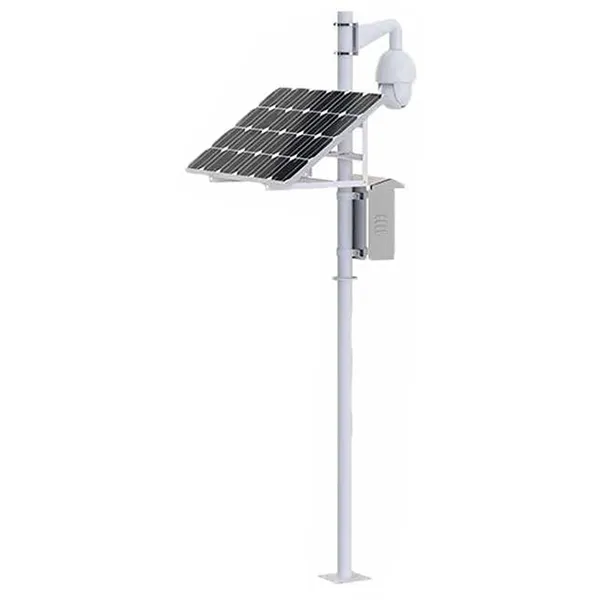 Device for monitoring the condition of seedlings
Device for monitoring the condition of seedlings -
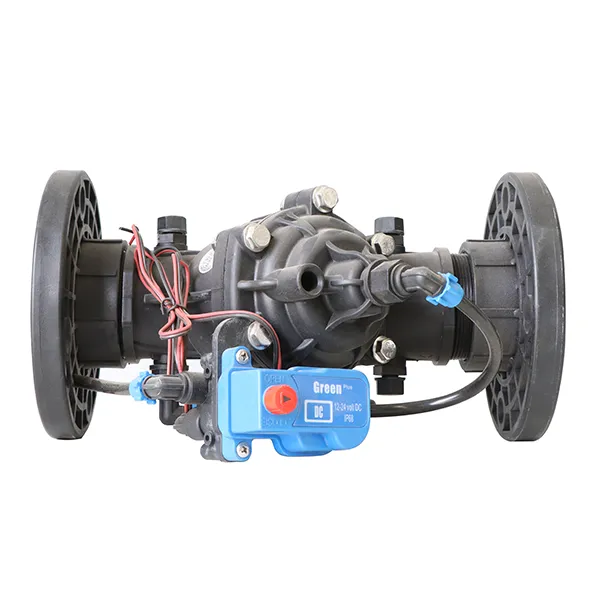 Solenoid valve
Solenoid valve -
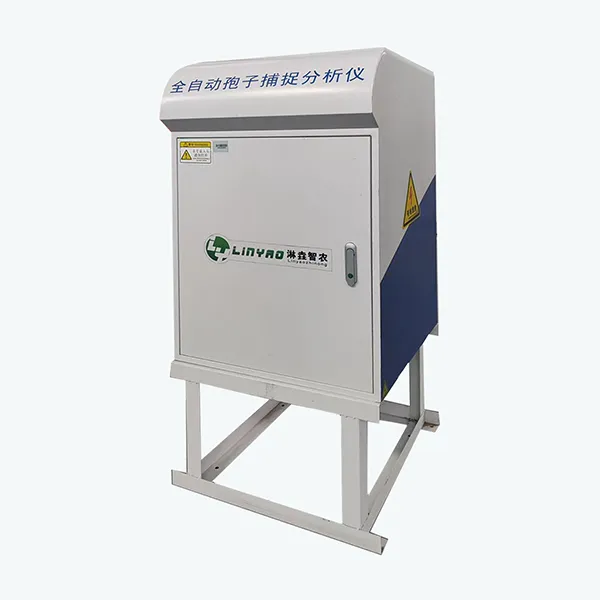 Fully automatic spore analyzer for agriculture
Fully automatic spore analyzer for agriculture -
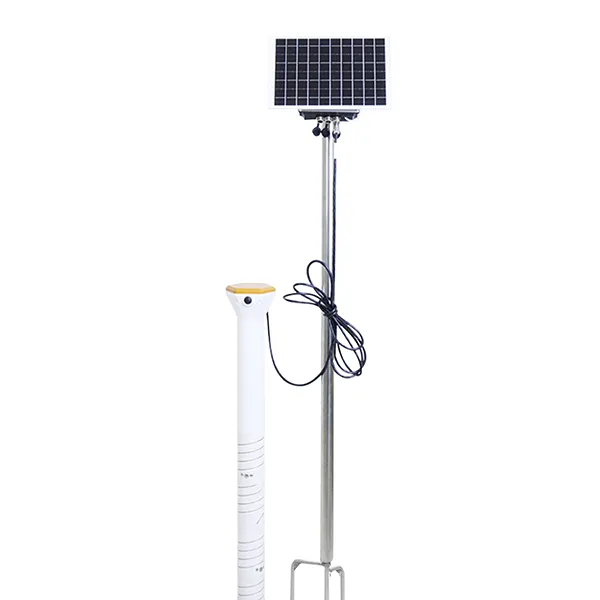 Soil Moisture Monitoring Station
Soil Moisture Monitoring Station -
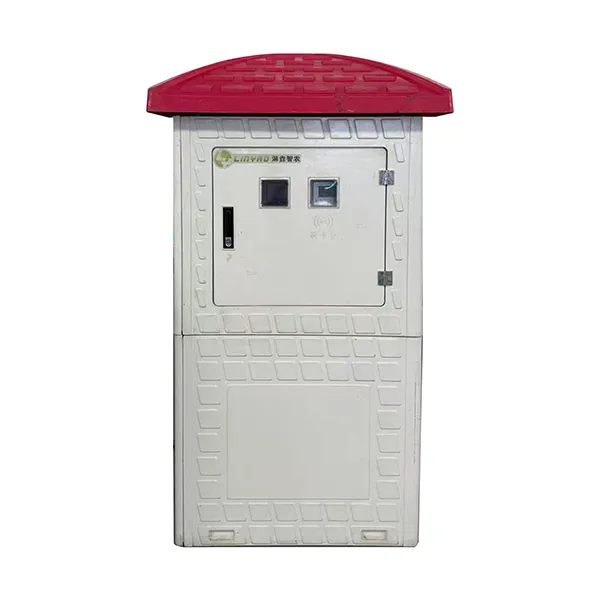 Radio Frequency Device for Irrigation Measurement and Control
Radio Frequency Device for Irrigation Measurement and Control -
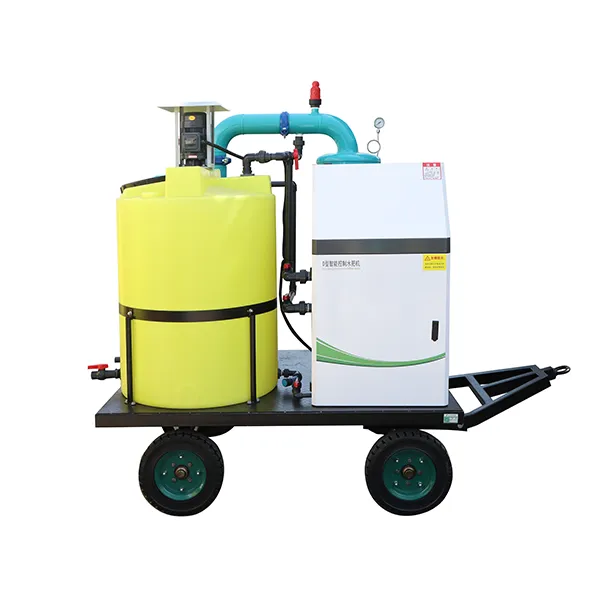 Mobile water and fertilizer integration apparatus
Mobile water and fertilizer integration apparatus -
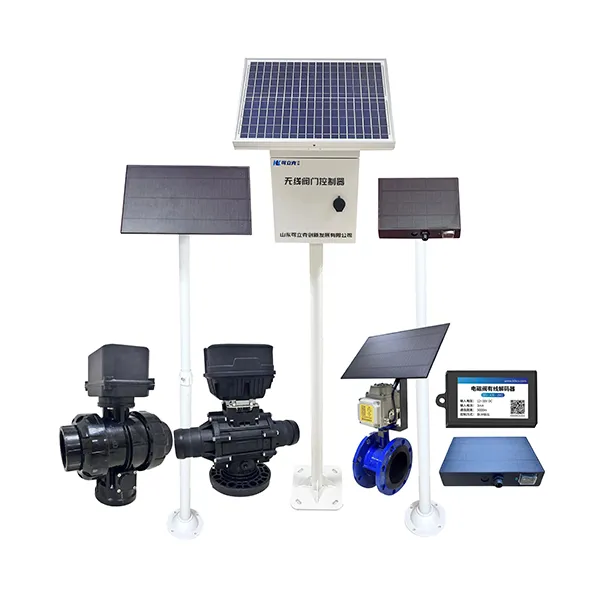 Wireless valve control
Wireless valve control -
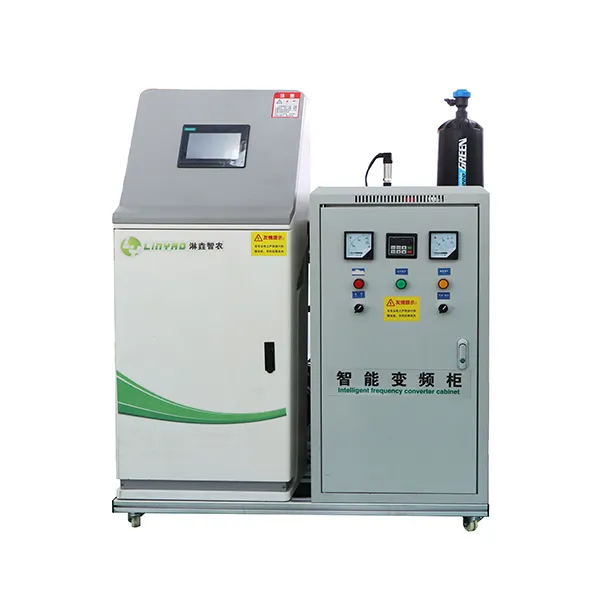 Main Fertilizer Irrigation Plant
Main Fertilizer Irrigation Plant -
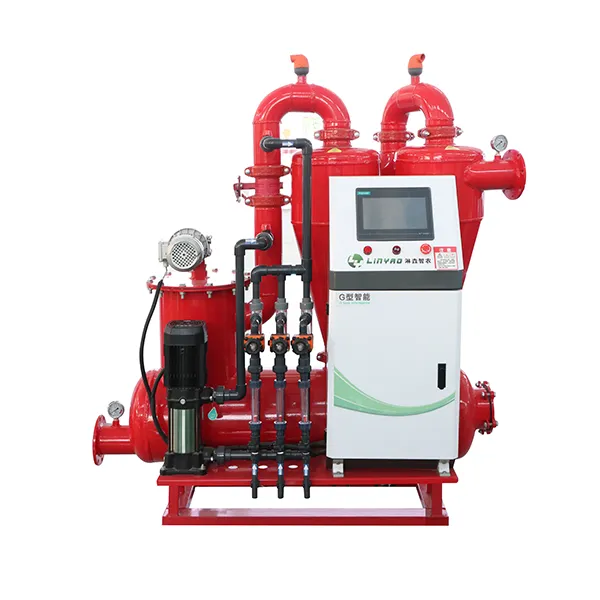 Automated Dual Function Water Fertilizer Filtration Machine
Automated Dual Function Water Fertilizer Filtration Machine -
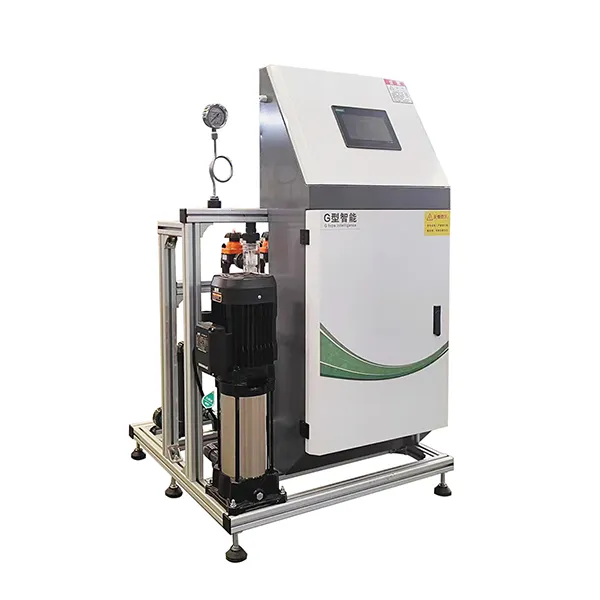 Three-channel intelligent water and fertilizer integration apparatus with 7-inch screen
Three-channel intelligent water and fertilizer integration apparatus with 7-inch screen -
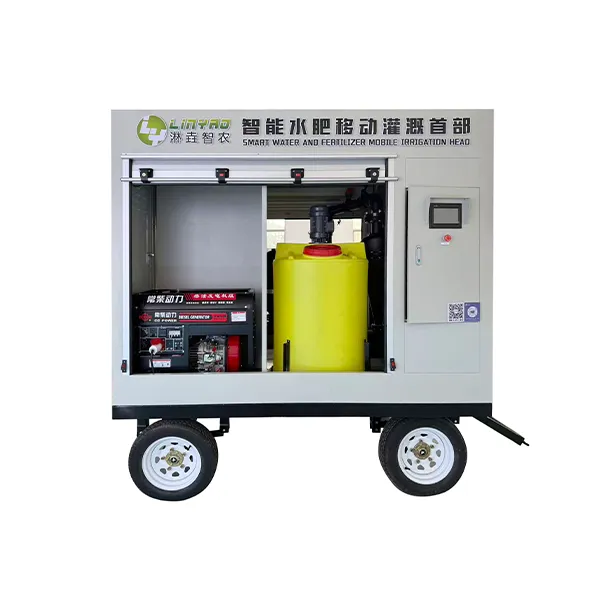 Intelligent mobile head for irrigation and fertilization
Intelligent mobile head for irrigation and fertilization
Relatedsearch
Related Search- Agricultural irrigation system supplier
- Ball valve full bore PP+fiberglass dn100 internal thread inlet, outlet for water hose supplier
- Full bore ball valve DN100 main country of buyer
- PVC-U disk valve dn100 wafer design
- Farm irrigation system buyer's main country
- Ball valves suppliers
- Soilless growing manufacturer
- Agricultural weather station supplier
- Easy to operate water and fertilizer integration machine supplier
- PVC-U disk valve dn100 wafer design manufacturers


